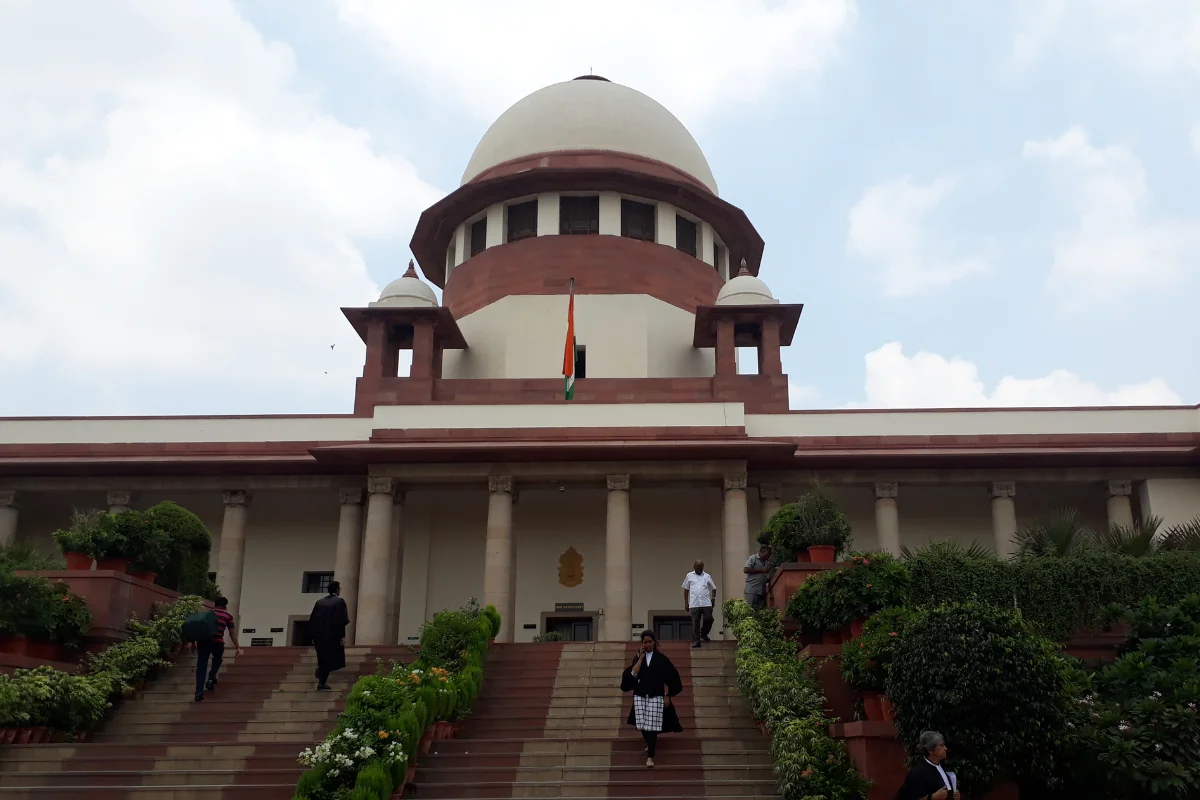UP Madarsa Act: The Uttar Pradesh Madarsa Act was deemed “unconstitutional” by the Allahabad High Court, but that decision was stayed by the Supreme Court on Friday, according to LiveLaw. The Uttar Pradesh Board of Madarsa Education Act, 2004 was ruled to violate the secularism principle by the Allahabad High Court in March. Furthermore, the state government was ordered by the High Court to include the impacted kids into the official educational system.
Supreme Court’s Intervention
The ruling by the highest court essentially revokes the Allahabad High Court’s order integrating 10,000 madrasa instructors and 17 lakh children into the public school system. In a notice on five Special Leave Petitions filed in opposition to the HC’s ruling, the highest court stated, “We are of the view that the issues raised in the petitions merit closer reflection. We are inclined to issue notice.”
Judicial Bench Composition
A bench made up of Justices JB Pardiwala, Manoj Misra, and Chief Justice of India DY Chandrachuhd heard the case. In its ruling, the bench said that the High Court’s interpretation of the Act’s regulatory provisions was incorrect on the face of it.
“In striking down the Act, the High Court prima facie misconstrued the provisions of the Act. The Act does not provide for any religious instruction. The object and purpose of the Statute is regulatory in character,” the bench was quoted as saying by LiveLaw in its report.
High Court’s Decision
In its decision on March 22, the High Court declared the Uttar Pradesh Board of Madarsa Education Act, 2004 to be “unconstitutional” and claimed that it went against the secularism concept. The UP government was ordered by the court to integrate the current student body into the official school system.
Anshuman Singh Rathore, a lawyer, filed a writ case, and the court ruled that the law was ultra vires. The petitioner objected to the Minority Welfare Department managing madrasas rather than the Education Department and contested the legitimacy of the UP Madarsa Board.








